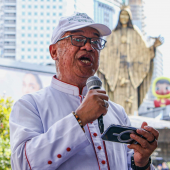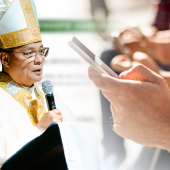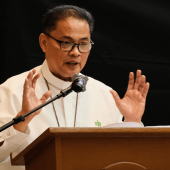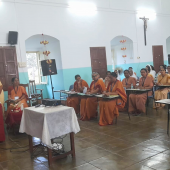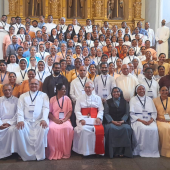Philippine bishop opposes tree cutting in Bohol
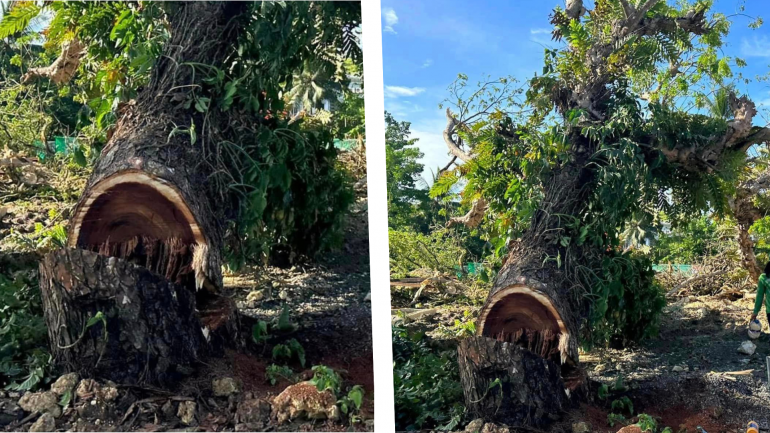
The Catholic Bishops' Conference of the Philippines (CBCP) official strongly called for promoting environmental protection amid the worsening effects of climate change.
This relates to Tagbilaran Bishop Alberto Uy's statement on his Facebook page regarding cutting four large Acacia Trees in Tagbilaran City, Bohol, to make way for a gasoline station.
According to Bishop Uy, the number of gas stations in Bohol is enough to warrant building more of them and building one will endanger the trees that help the province deal with the warming of the environment.
"We are badly needing huge trees like Acacia Trees because of the damaging effects of global warming and climate change. The cutting of four huge Acacia Trees is a big loss not only for this generation but for many generations to come," said Bishop Uy.
The bishop shared that the Acacia Trees were already big trees when he entered as a seminarian at the Immaculate Heart of Mary Seminary in 1979.
Bishop Uy also urged the government, legislators, businessmen, and other agencies to be partners and take action to protect the remaining trees in the city and province.
The bishop further emphasized that the preservation of nature is also the preservation of and concern for others.
"Let's work together to protect the few precious trees here. Remember that by taking care of nature, we also take care of ourselves and our loved ones," according to Bishop Uy.
Bishop Uy is a member of the CBCP-Episcopal Commission on Cultural Heritage of the Church, and he also leads the activities of planting trees throughout the diocese every year.
Tagbilaran is located 630 kilometers southeast of the country's capital, Manila. Tagbilaran is situated in the southwestern portion of the province of Bohol and has a total land area of 3,270 hectares, including approximately thirteen kilometers of coastline. (Cindy Gorospe)
Radio Veritas Asia (RVA), a media platform of the Catholic Church, aims to share Christ. RVA started in 1969 as a continental Catholic radio station to serve Asian countries in their respective local language, thus earning the tag “the Voice of Asian Christianity.” Responding to the emerging context, RVA embraced media platforms to connect with the global Asian audience via its 21 language websites and various social media platforms.









